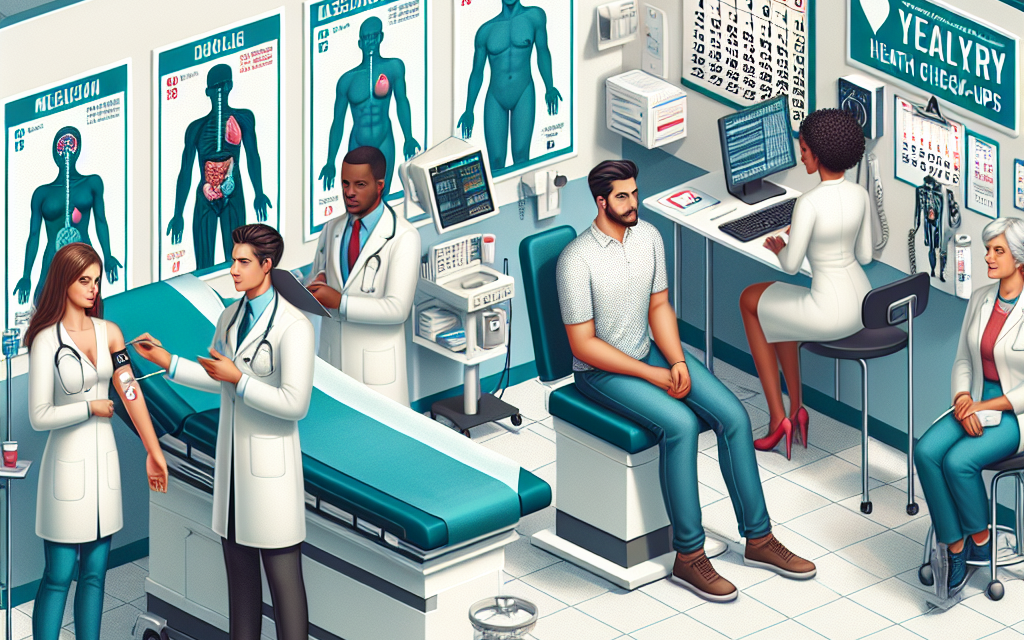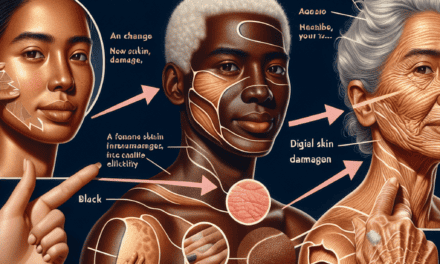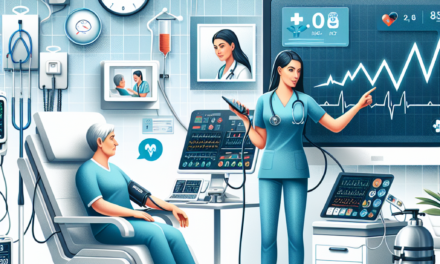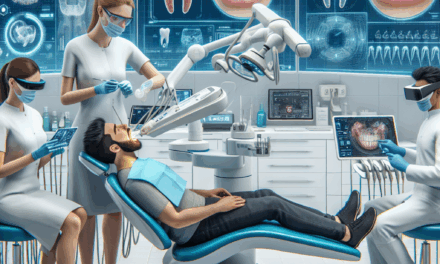Enhancing Early Detection with Yearly Health Check-Ups
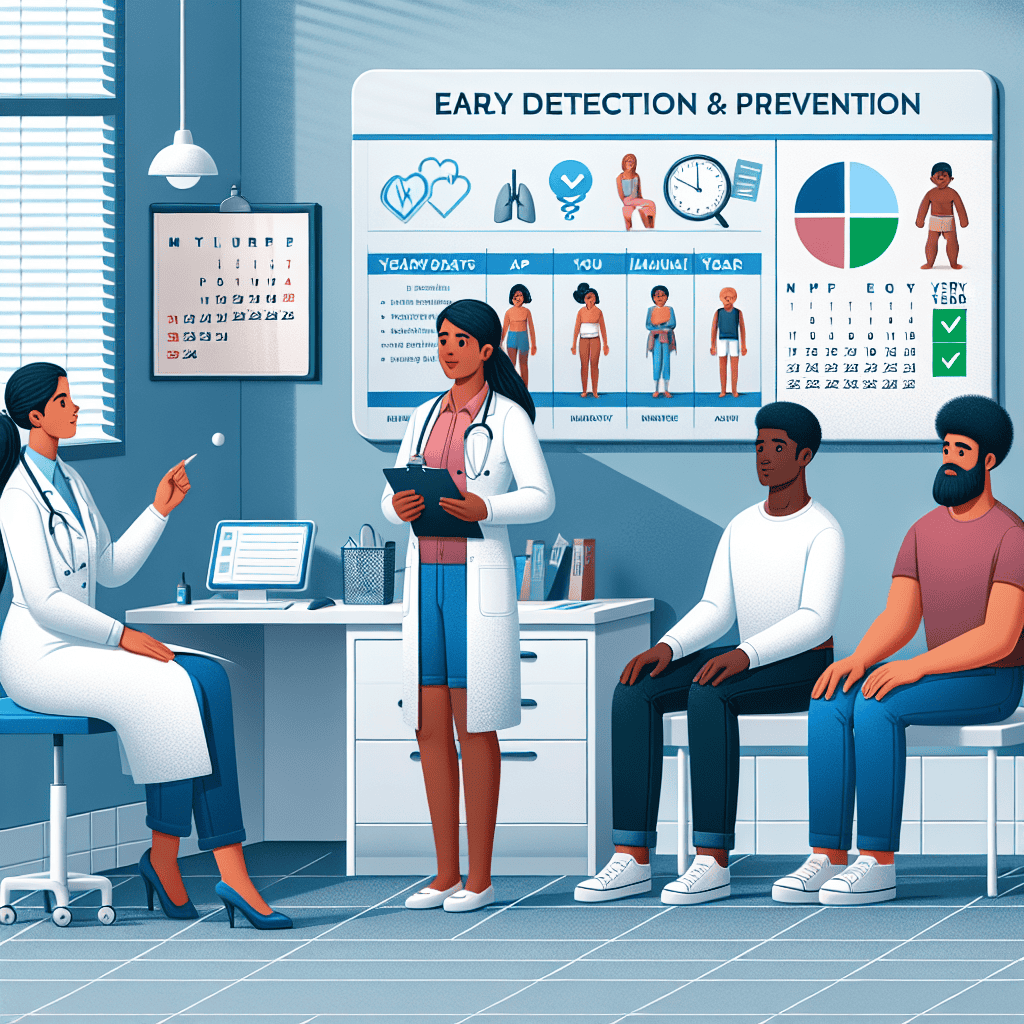
In the modern world, where lifestyle diseases and chronic conditions are on the rise, the importance of early detection through regular health check-ups cannot be overstated. Yearly health check-ups serve as a proactive approach to maintaining health, allowing for the early identification of potential health issues before they become serious. This article delves into the significance of annual health screenings, exploring various aspects such as the benefits, components, challenges, and future trends in preventive healthcare.
The Importance of Early Detection
Early detection of diseases can significantly improve treatment outcomes and reduce healthcare costs. By identifying health issues at an early stage, individuals can take timely action to manage or even reverse the progression of diseases. This section explores the critical role of early detection in healthcare.
Reducing Mortality Rates
One of the most compelling reasons for early detection is its potential to reduce mortality rates. Diseases such as cancer, cardiovascular conditions, and diabetes are often more treatable when caught early. For instance, the five-year survival rate for breast cancer is over 90% when detected at an early stage, compared to less than 30% for advanced stages.
Regular health check-ups can lead to early diagnosis, allowing for interventions that can prevent the disease from advancing. This not only saves lives but also enhances the quality of life for patients by reducing the severity of symptoms and complications.
Cost-Effectiveness of Preventive Care
Preventive care, including regular health check-ups, is often more cost-effective than treating advanced diseases. Early detection can lead to less invasive and less expensive treatments. For example, managing high blood pressure through lifestyle changes and medication is far less costly than treating a heart attack or stroke.
Insurance companies and healthcare systems are increasingly recognizing the value of preventive care, offering incentives and coverage for regular screenings. This shift not only benefits individuals but also reduces the overall burden on healthcare systems.
Improving Quality of Life
Beyond reducing mortality and healthcare costs, early detection through yearly check-ups can significantly improve an individual’s quality of life. By identifying risk factors and early signs of disease, individuals can make informed decisions about their health and lifestyle.
For instance, detecting high cholesterol levels early allows individuals to adopt dietary changes and exercise routines that can prevent the development of cardiovascular diseases. Similarly, early detection of diabetes can lead to better management and prevention of complications such as neuropathy and kidney damage.
Empowering Patients with Knowledge
Yearly health check-ups empower patients by providing them with valuable information about their health status. This knowledge enables individuals to take control of their health, make informed decisions, and engage in shared decision-making with healthcare providers.
Patients who are aware of their health risks are more likely to adopt healthier lifestyles, adhere to treatment plans, and seek timely medical advice. This proactive approach fosters a sense of responsibility and engagement in one’s own health journey.
Case Studies and Real-Life Examples
Numerous case studies highlight the benefits of early detection through regular health check-ups. For example, a study conducted by the American Cancer Society found that regular mammograms reduced breast cancer mortality by 20-40% among women aged 40-74.
Similarly, a long-term study on colorectal cancer screening demonstrated that regular colonoscopies reduced the incidence of colorectal cancer by 68% and mortality by 88%. These examples underscore the life-saving potential of early detection and the importance of adhering to recommended screening guidelines.
Components of a Comprehensive Yearly Health Check-Up
A comprehensive yearly health check-up involves a series of tests and evaluations designed to assess an individual’s overall health and identify potential risk factors. This section outlines the key components of an effective health screening program.
Basic Health Assessments
The foundation of any health check-up is a series of basic assessments that provide a snapshot of an individual’s health status. These typically include:
- Vital signs: Blood pressure, heart rate, temperature, and respiratory rate.
- Body measurements: Height, weight, and body mass index (BMI).
- Blood tests: Complete blood count (CBC), lipid profile, and blood glucose levels.
These assessments help identify common health issues such as hypertension, obesity, and diabetes, which are prevalent in many populations.
Screening for Chronic Diseases
Chronic diseases such as heart disease, diabetes, and cancer are leading causes of morbidity and mortality worldwide. Regular screenings for these conditions are crucial for early detection and management.
For instance, cholesterol and blood sugar tests can identify individuals at risk for cardiovascular disease and diabetes, respectively. Cancer screenings, such as mammograms, Pap smears, and colonoscopies, are essential for detecting cancers at an early, more treatable stage.
Evaluating Lifestyle Factors
Lifestyle factors play a significant role in an individual’s overall health. A comprehensive health check-up should include an evaluation of lifestyle habits such as diet, physical activity, smoking, and alcohol consumption.
Healthcare providers can offer personalized recommendations to help individuals adopt healthier lifestyles, reducing their risk of developing chronic diseases. For example, a patient with a sedentary lifestyle may be advised to incorporate regular exercise into their routine to improve cardiovascular health.
Mental Health Assessments
Mental health is an integral component of overall well-being. Yearly health check-ups should include assessments for mental health conditions such as depression and anxiety.
Screening tools like the Patient Health Questionnaire (PHQ-9) and Generalized Anxiety Disorder 7-item (GAD-7) scale can help identify individuals who may benefit from further evaluation and treatment. Addressing mental health issues early can prevent them from escalating and impacting an individual’s quality of life.
Personalized Risk Assessments
Each individual has unique health risks based on factors such as age, gender, family history, and genetics. A comprehensive health check-up should include personalized risk assessments to identify specific areas of concern.
For example, individuals with a family history of heart disease may require more frequent cholesterol screenings, while those with a genetic predisposition to certain cancers may benefit from additional imaging tests. Personalized risk assessments enable healthcare providers to tailor screening recommendations to each patient’s needs.
Challenges and Barriers to Regular Health Check-Ups
Despite the clear benefits of yearly health check-ups, several challenges and barriers can hinder individuals from accessing preventive care. This section explores some of the common obstacles and potential solutions to overcome them.
Financial Constraints
One of the most significant barriers to regular health check-ups is the cost. Many individuals, particularly those without health insurance, may find it challenging to afford the expenses associated with comprehensive screenings.
To

